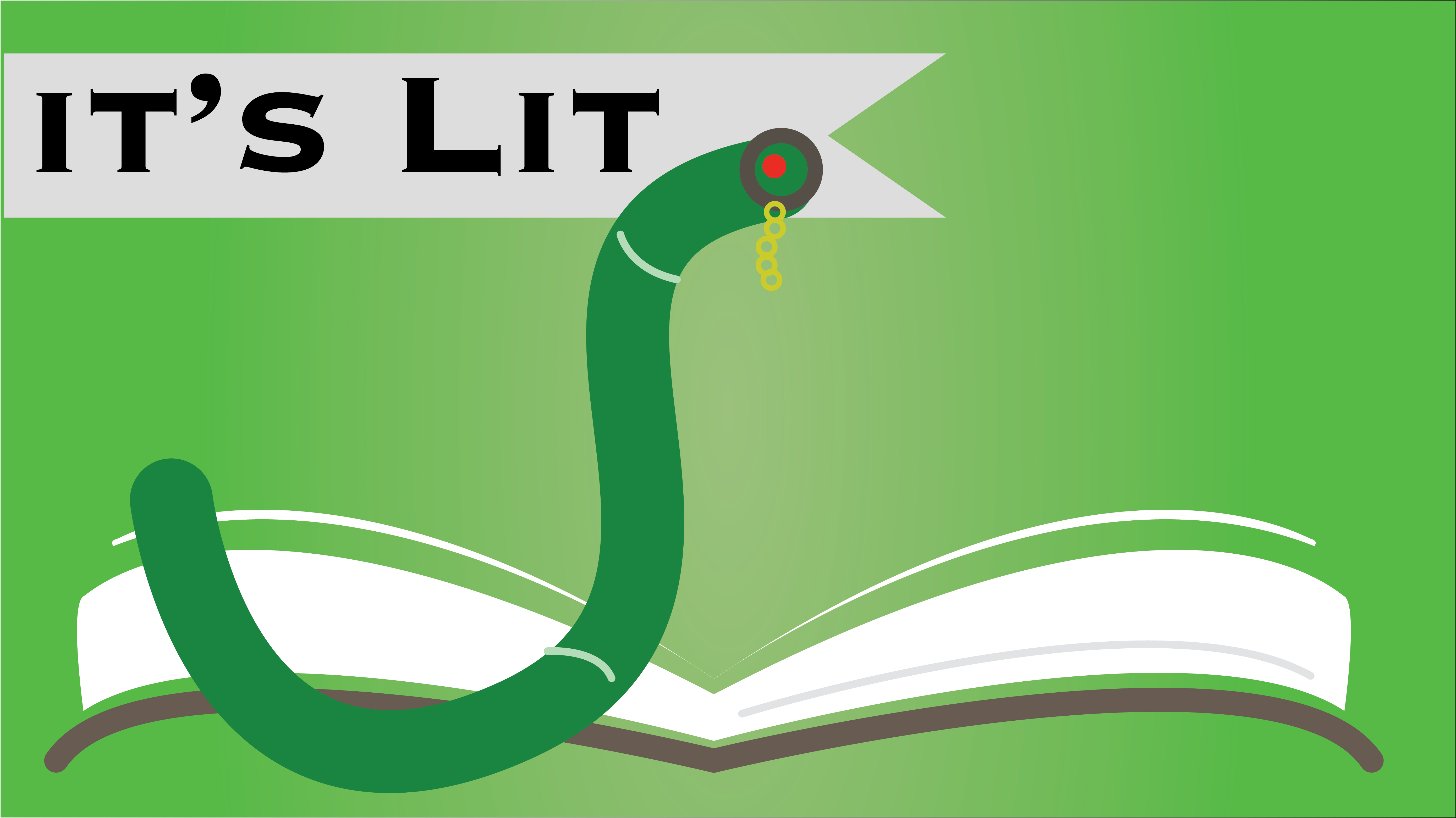
Zoology poetry collection is captivating
By: Chloë Williams, Columnist
“Zoology” is an outstanding poetry collection from Welsh writer Gillian Clarke. Published in 2017, it is her ninth collection of poetry. “Zoology” weaves together poems of motherhood, tradition, and life through depictions of the natural realm.
What is very appealing is Clarke’s ability to craft the human experience as an extension of the physical world- we are, and our experiences are, a part of a greater collective experience with our natural environment. Our lives make up an ecosystem- intertwined, weaving, and interconnected between the human and natural space. Clarke invites us to not only identify with, but become the mother bird as in the poem “Queen,” or embody the changing season, such as in “September.”
Gillian Clarke’s poem, “The Presence” especially stands out in this collection. This is a four-stanza observation of the world seen through the eyes of a hunted animal. Clarke writes, “a sense/ that such a living thing once seen/ in that sunlit space will never be gone (Clarke 13).” Clarke is playful with language here, describing the “wind” that “winds” through the forest, and uses this gentle wordplay to cultivate an encompassing world for the reader (13). There is a mystical quality about this poem that expresses a sense of nostalgia for something ethereal that is now missing.
At the same time is the age-old lesson about the cyclical nature of time: things often come into life quickly, and leave in the same fashion. “The Presence” provides a snapshot in time; those few seconds when the skittish deer stares into the eyes of its hunter before bolting away. Clarke invites us to be the deer, and consider those few moments where we found ourselves caught in time.
The poem “Winter” explores feelings of frustration, isolation, and fear in the motherhood experience. It becomes the starting point of the seasonal motherhood journey throughout “Zoology” preceding poems of spring, summer, and autumn. It is a fascinating choice of Clarke to start us in the season associated with coldness and death.
Clarke writes in “Winter,” “The ice-moon’s breath turns all to glass./Where is warm? Where is grass? Where is light?” (47). The transition into motherhood is a rebirth of sorts into this new role. This is a period of uncertainty for the speaker. Things are unclear and seem dark as she tries to navigate this new journey. While the experience of the mother is something of the unknown, the being growing within her remains protected: “Rocked in its cradle in the blood-loud dark./the foetus, safe in its rose-red room” (47).
The motherhood journey the reader follows throughout this collection culminates in the poem “Words,”, which connects the physical seasonal experience to the cyclical nature of life. Here, we have the newborn child juxtaposed with the memory of the speaker’s now-deceased grandmother. In the child, the spirit of the grandmother is evident: “her sunlit story of ten decades past/retelling itself, her first word, her last” (98).
The start of a life and the end of a life become entangled, especially through shared culture. The new mother shares the tradition of the Welsh language, passed from her grandmother, now to her own child. Clarke describes this experience as “turning word to world” (98). The way in which these Welsh words are described keeps the reader grounded in the natural space. We are given syllabic and aural snippets of “d”, “t”, and “la” instead of full words and phrases (98). These brief sounds are reminiscent of bird songs, fox chirps, and other creatures’ calls. Again, the audience is reminded that our human experience is not wholly unique, but shared by our neighbors in the animal kingdom.
“Zoology” is an entrancing read brimming to the top with delicate descriptions and new worlds to explore within each page. This is a fabulous collection for seasoned poetry fans who will no doubt appreciate the form and fashion in which “Zoology” is assembled, and the delicacy with which each poem is crafted. This collection resonates with the very core of human and natural existence, and will no doubt resonate with new readers of the genre. Clarke packs this collection with raw emotion and experience. It is all at once gentle, painful, gripping, and serene to navigate her poems.
8/10.

